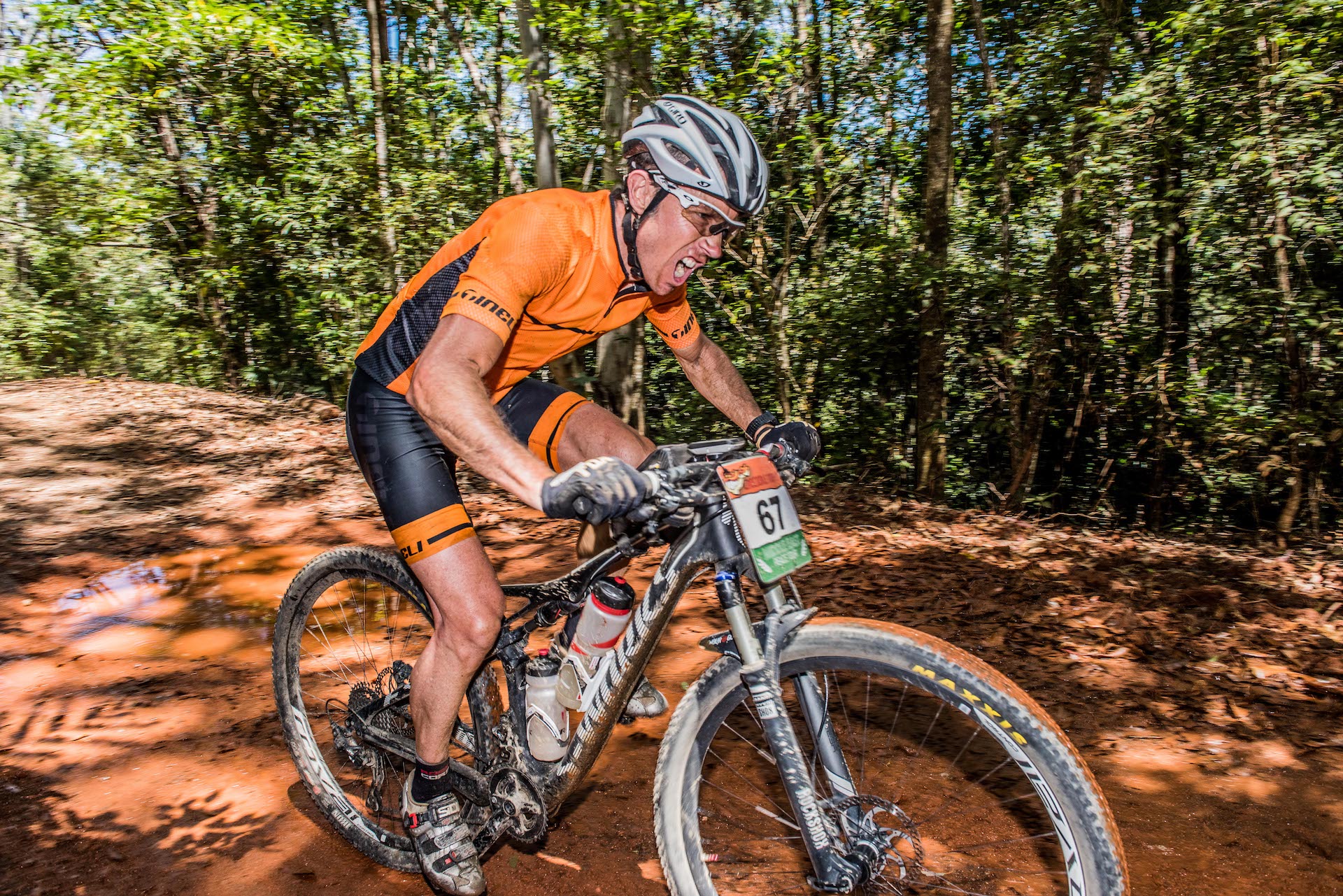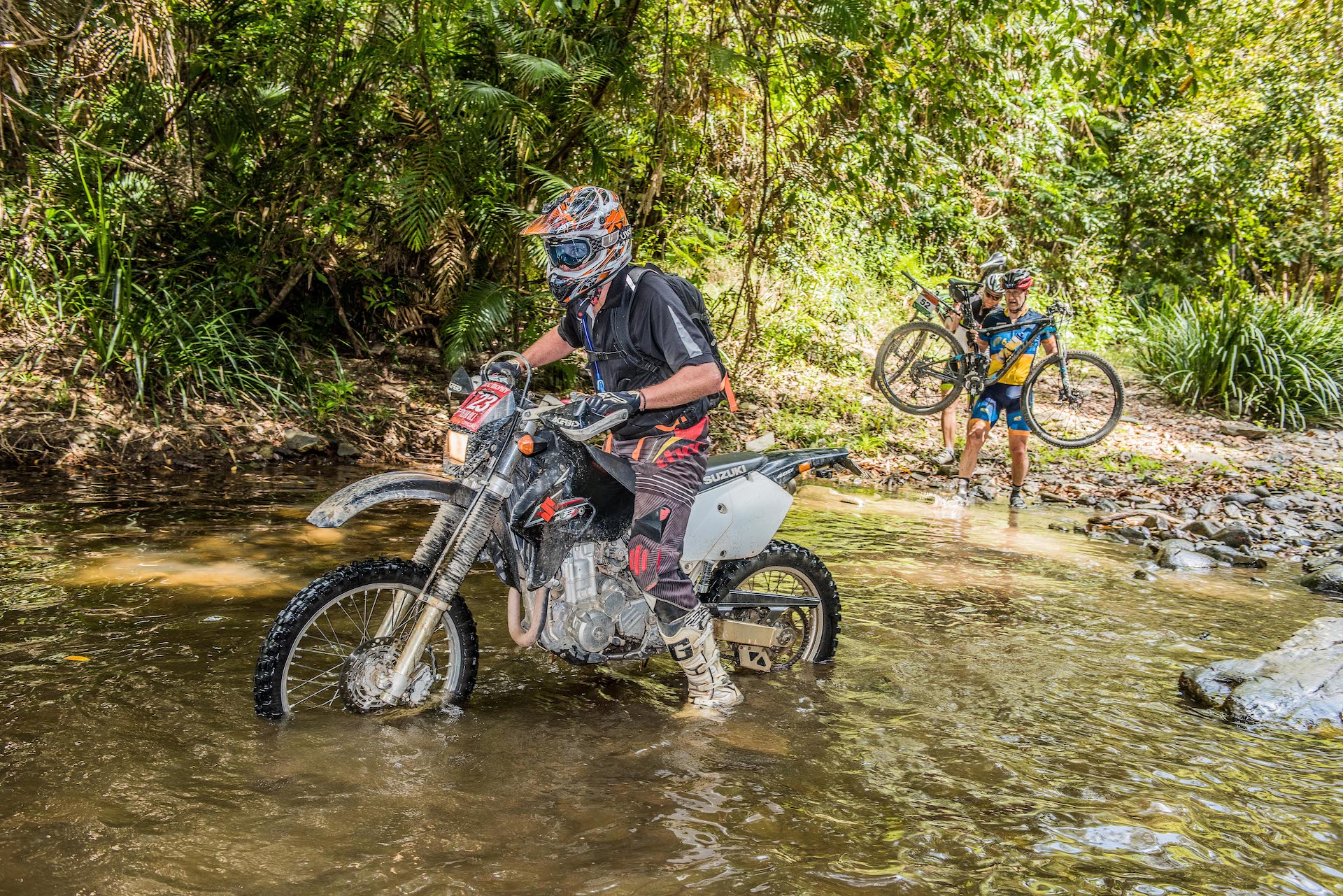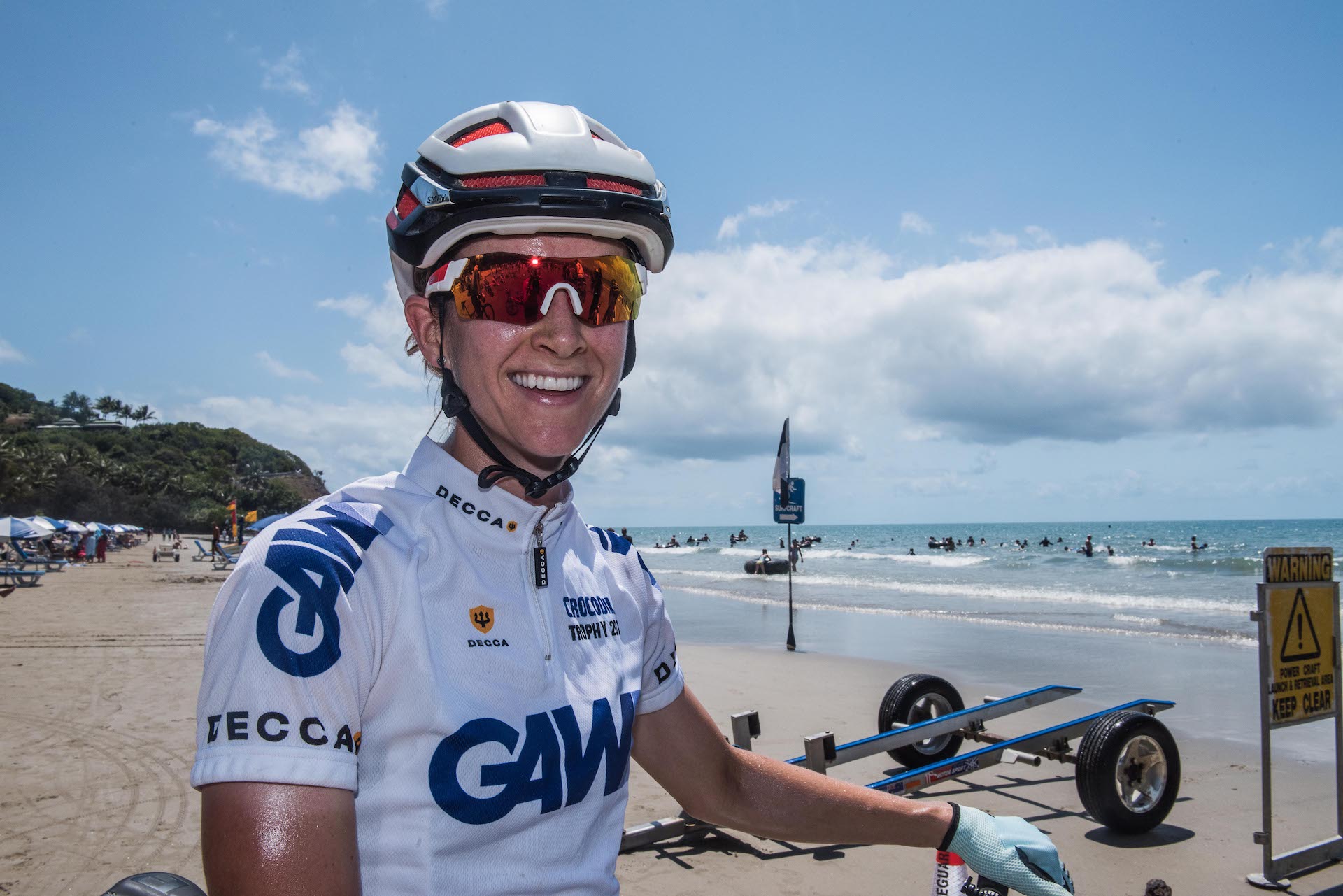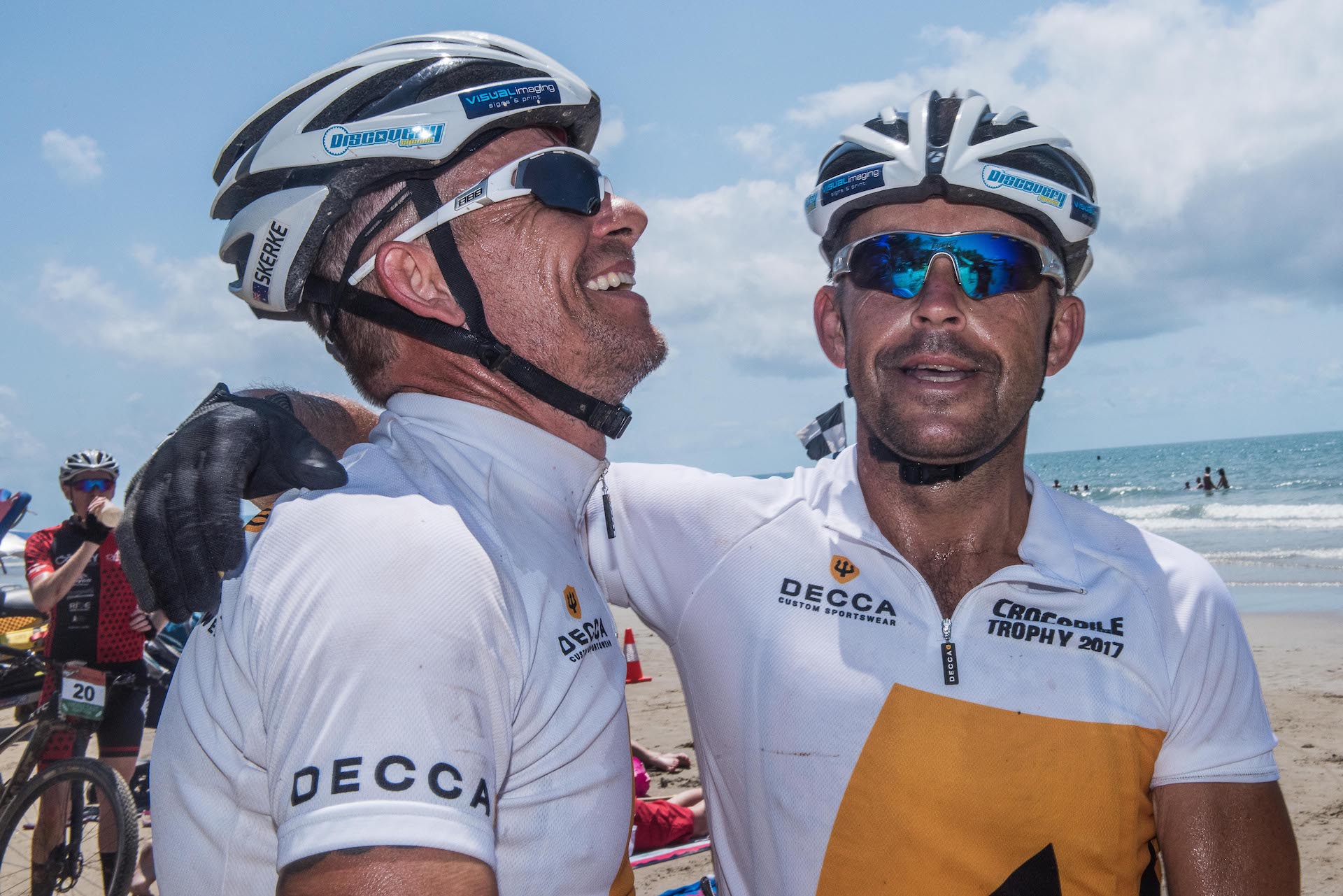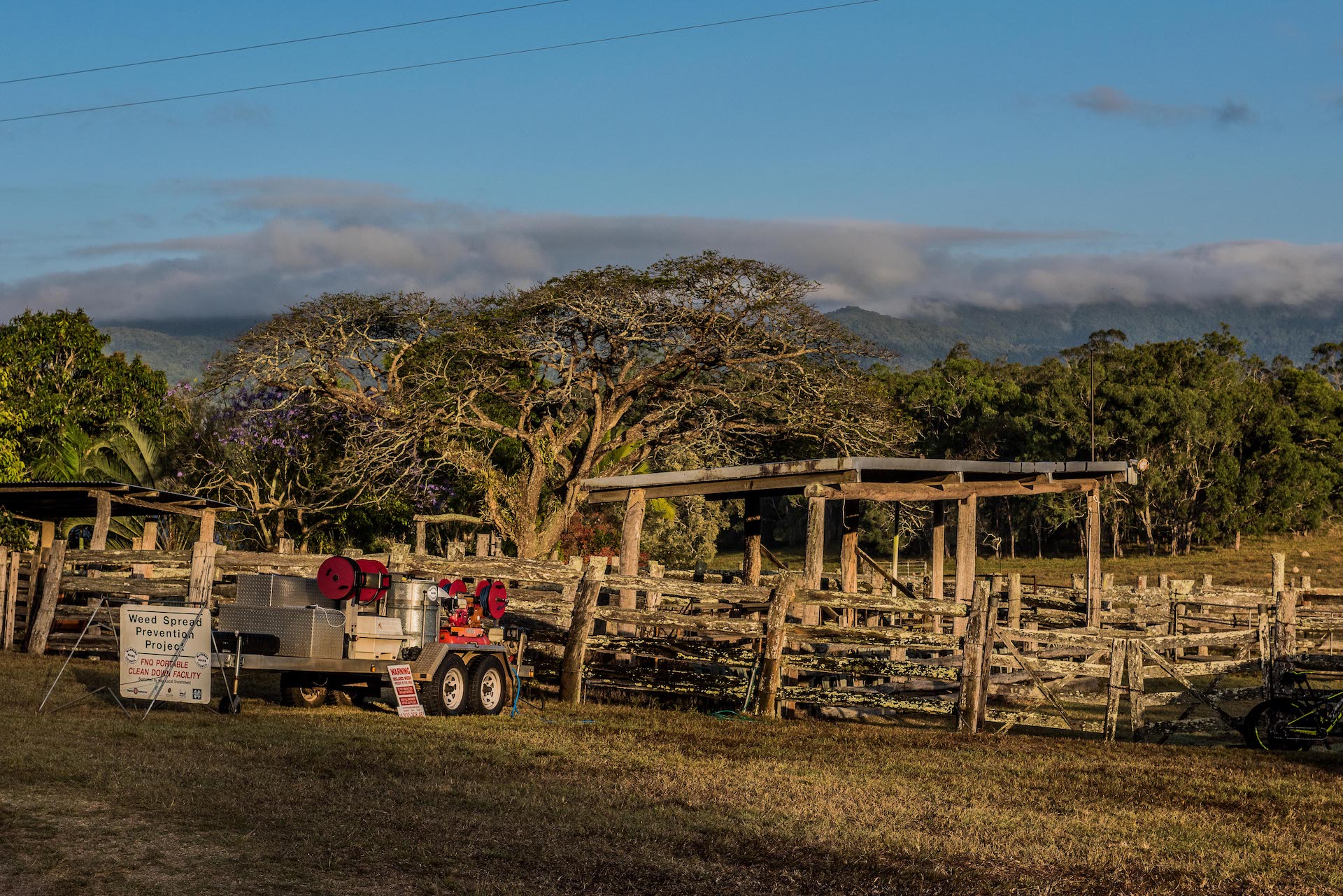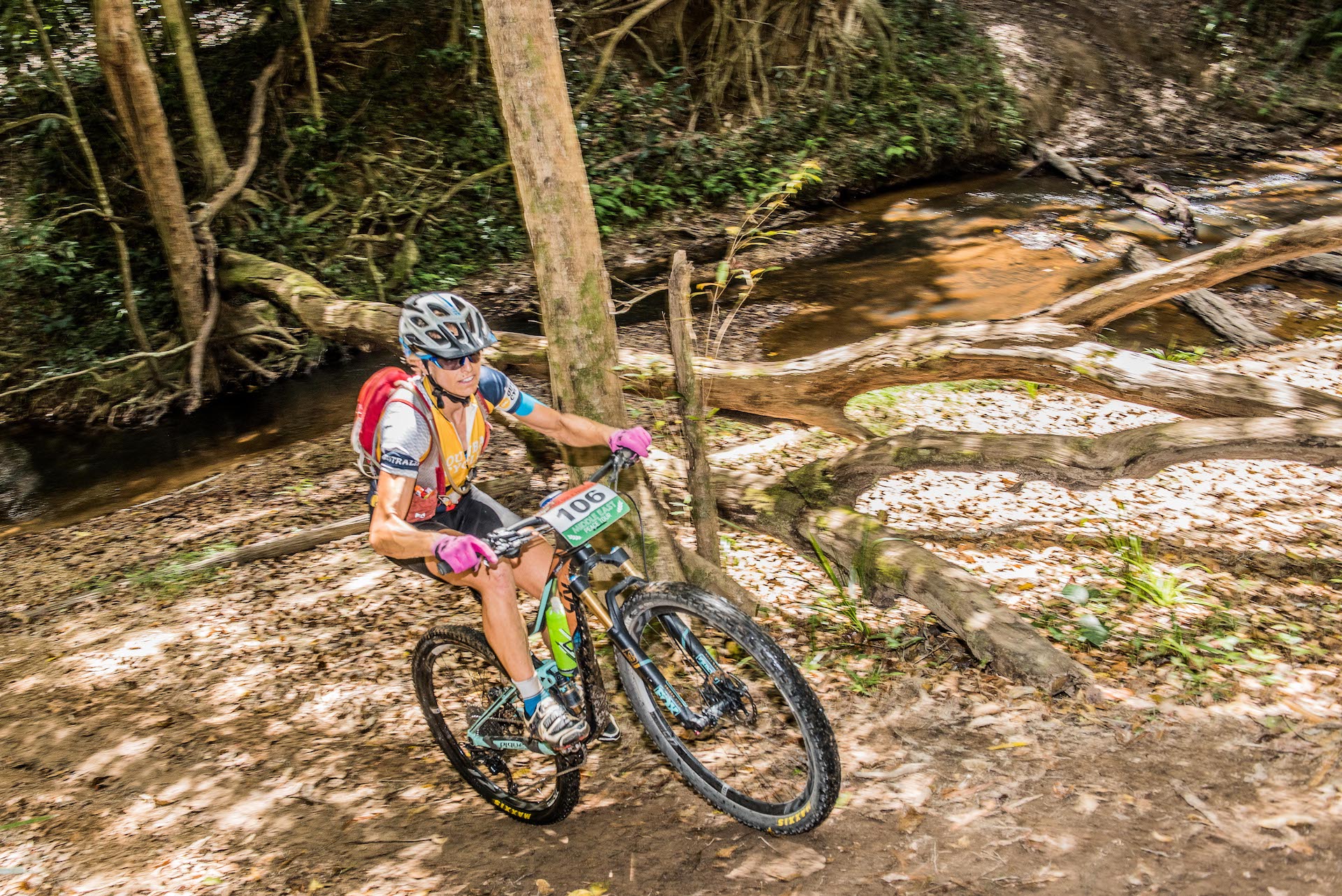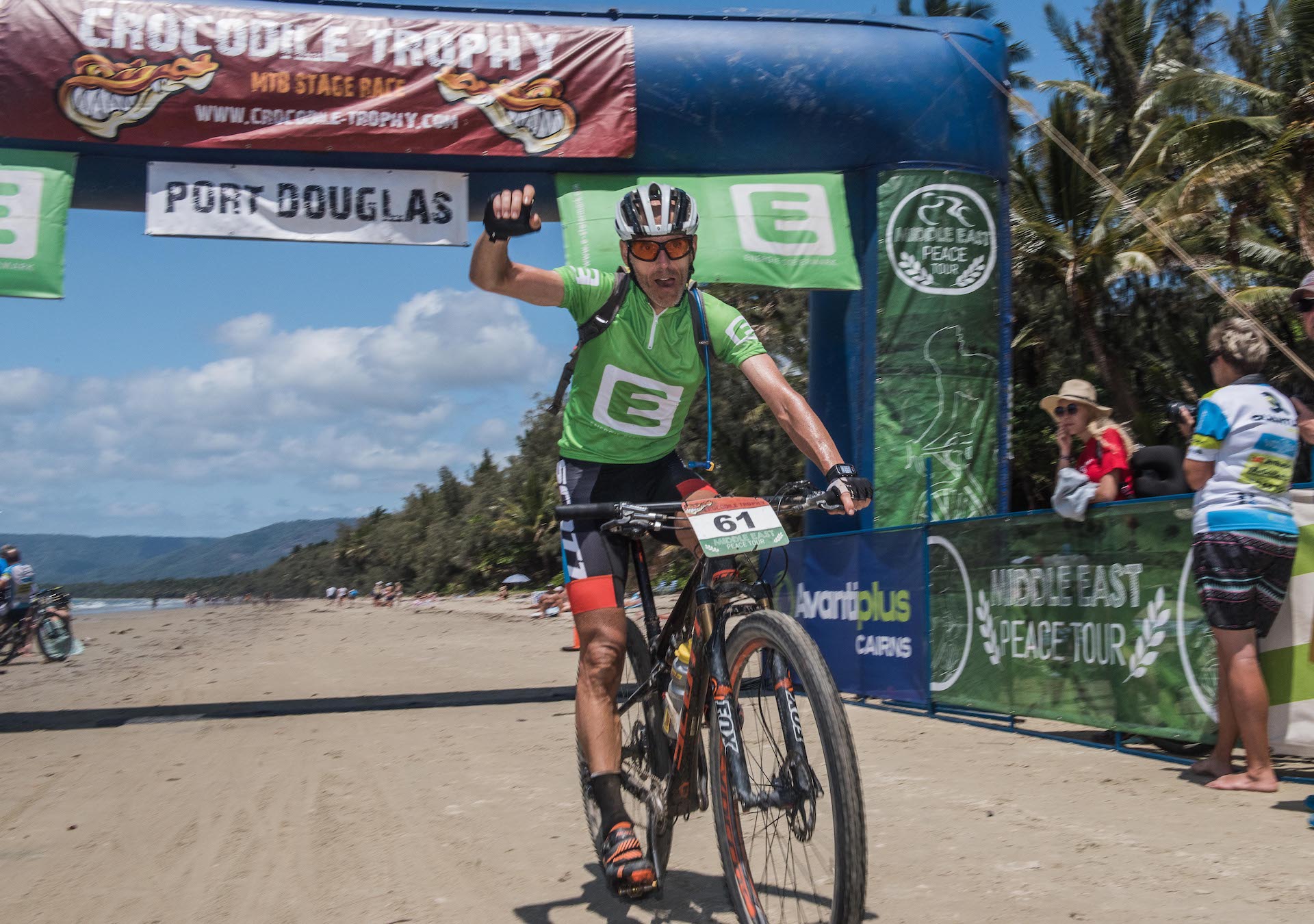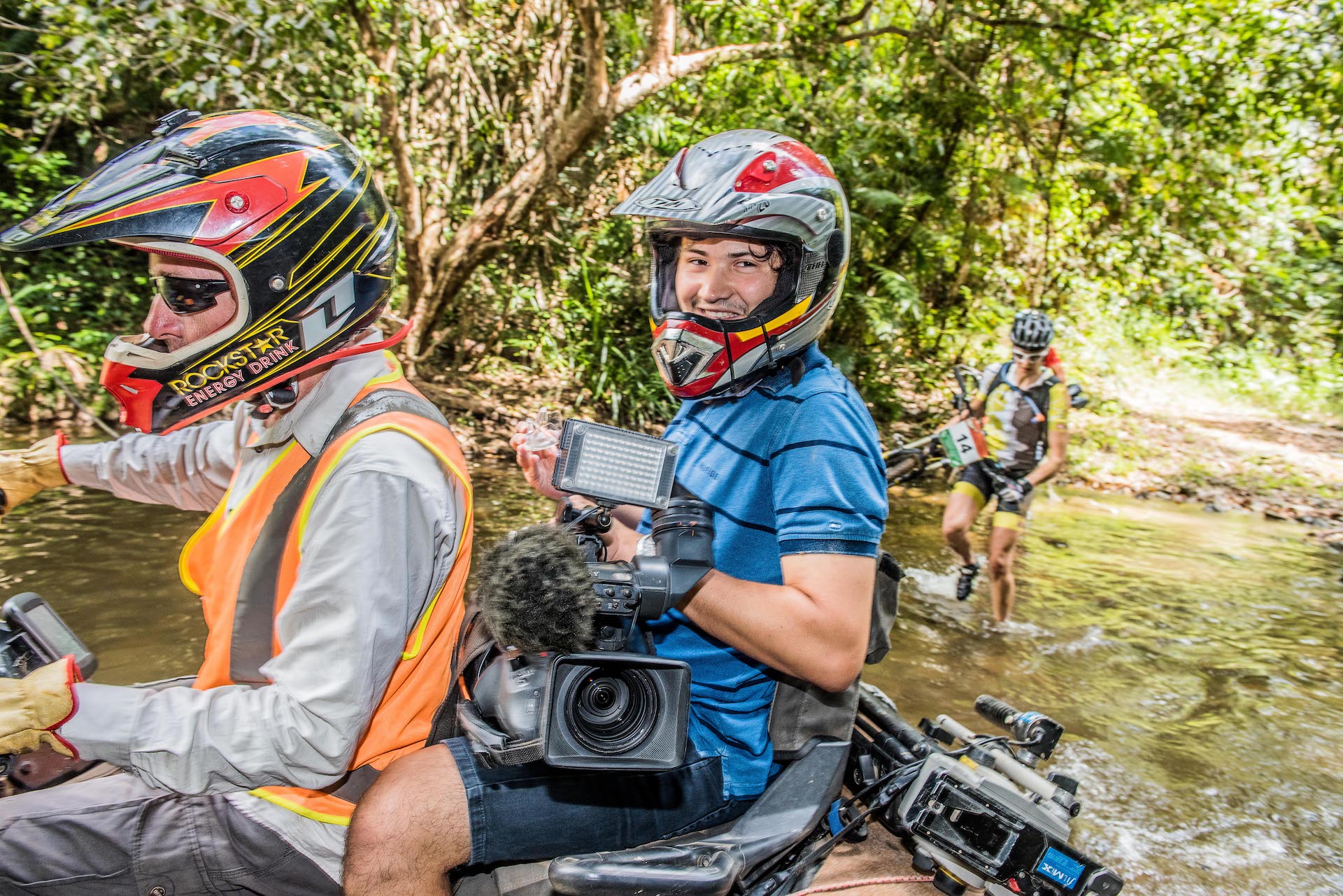Organization
World Wide Sports Agency Pty Ltd is the organizer of the Crocodile Trophy.
1.
The race stewards will monitor compliance with the rules throughout the race.
2. Age limit
To participate in the Crocodile Trophy, participants must be at least 19 years old.
3.
The panel of race organizers/commissaires reserve the right to make changes to the circuit, stages and organization if necessary.
4. License
Licensing is required to participate in the competition. The details can be found in the competition announcement.
Basically there are the following possibilities:
- Possess a valid UCI license or
- Possession of an Australian License or
- Possess an Australian 7 Day License or
- Possess an Australian 4 week free license (only in case no Australian license has been purchased in the previous 3 years.
5. Objections
a) Appeals must be submitted to the chief commissioner within 30 minutes after the last rider has completed the stage.
b) A fee of AUD$50.00 must be attached to the appeal form. This fee will be refunded if the appeal is upheld or the panel determines that the appeal was justified
6. Unsportsmanlike conduct
Any entrant found to behave in an unsportsmanlike manner may be fined up to AUD$100 or disqualified.
7. Offense
If a competitor or their support team fails to comply with the rules of the event, the panel of commissaires may impose fines or disqualifications.
- Offense: Warning
- Offense: fine of up to AUD 100 or time penalty
- Offense: Disqualification
8.
Once the event begins, attendees will no longer be able to switch the category they registered in.
9.
Each participant rides at their own risk. Mountain biking can be a dangerous activity and the participant assumes all risks and responsibilities for their own safety.
10.
The instructions of the police, marshals and race officials (including medical staff) must be followed at all times.
11.
Helmets must be worn at all times during competition and general driving on public roads. Failure to follow this instruction may result in disqualification from the event. Damaged helmets must be replaced.
12. Feeding Station
a) All participants must bring their own drinking bottles (minimum 10).
b) At each refreshment station, water, energy drinks and food are available to the participants.
c) The refreshment stations are located at about 30 to 40 km / and 60 to 80 km of the route, depending on the weather conditions and the difficulties of the stage.
13.
Competitors must use the same bike frame for the entire race unless they are part of a registered team. (Swapping or exchanging bikes between team members is permitted.) Bikes must be in perfect condition at the start of each stage. The commissaires or the organizers can exclude a participant from the race if his bike is classified as dangerous. If a competitor’s bike is damaged rendering it unusable or unsafe, a request to the Commissioners’ Panel is required to allow the use of a replacement bike.
14.
Participants must always stay on the marked route. Shortening sections of the route or riding on unmarked routes is prohibited. To complete a stage, all participants must cover 100% of the marked route.
15.
If a competitor does not complete a stage due to a mechanical problem or other mishap, the competitor may continue the event at the discretion of the Commissaires Panel. The panel may impose a time or other penalty.
16.
The commissaire panel reserves the right to disqualify a competitor or not to recognize the competitor’s time if the competitor achieves a result that falls outside the 50% of the category winner’s time (time limit = winner’s time per stage per category and gender + 50% of this time) lies. The committee decides whether further participation in the race, e.g. after mechanical problems or accidents, is permitted.
17.
The Organizer/Commissaires Panel reserves the right to withdraw a competitor from any or all stages of the Event on the advice of the Event Physician or Medical Authority approved by the Organizers.
18. Leadership Jerseys
a) The overall leader and leaders of other categories must wear the leader’s jersey provided by the race organizers.
b) Modifications or coverings of the sponsor logos on the shirt are not permitted.
c) Personal and team sponsorship labels may be added to the shirt under the official sponsors up to a maximum size of 25mm x 25mm.
19.
Start numbers may not be changed or modified in any way.
20.
Taking care of the competitor during the race outside of the official aid stations is forbidden (except in an emergency).
Unofficial vehicles are not allowed to follow the circuit under any circumstances. This can lead to the disqualification of the participant concerned.
21. Care in the race
a) At the discretion of the organizers, team/supervisor vehicles may only look after their riders in the official Technical Feed Zones (TFZ) on selected stages. On these stages, all support vehicles must drive directly to the TFZ before the start. After being looked after, the vehicle must leave the TFZ and, if necessary, drive to the next TFZ or drive to the destination on a specified route.
b) Competitors accepting assistance from unofficial vehicles or non-team members outside the official TFZ will be penalized.
22. Keep the event clean
a) The organization and participants are obliged to keep the start and finish areas as well as the entire race track clean and to avoid damaging official or private property.
b) Throwing away waste (especially plastic bottles or cans) is prohibited.
c) Cleaning bikes or vehicles in a river is forbidden as the river provides the drinking water for the region.
d) Participants must ensure that the cleaning or repair of bikes is not carried out in any way or in any place where grease or waste oil could be deposited. Penalties could apply
23.Meals
a) Breakfast: will be served 2 hours before the start of each stage
b) Lunch: is served from 1 p.m
c) Dinner: will be served from around 5 p.m
24.Baggage transportation
a) The event organization assumes no responsibility for the transport of or damage to bikes and luggage.
b) The participants have to load their luggage onto the trucks themselves
c) No responsibility is accepted for unloaded and left luggage.
d) The loading time for each day will be announced at the driver briefing the evening before.
e) The truck crew unloads the luggage at the campsite every afternoon.
f) The weight of each piece of baggage must not exceed 25 kg. (The luggage steamer regularly unloads 4 tons of luggage, so we ask that you use multiple light bags instead of one heavy one, and preferably no hard suitcases.)
g) Bike boxes or bike cases will not be accepted by the transport team during the event.
h) Participants are asked to pay attention to the traffic and logistics in the area of the event center, not to lean the bike against a vehicle and not to place it in front of or behind a vehicle.
25. Traffic Rules
a) In Australia, driving is on the left-hand side of the road. By agreeing to the race rules, all participants must comply with Australian traffic/road rules, specifically those issued by the Queensland Government Department of Transport and Main Roads. A copy of the rules can be found at www.tmr.qld.gov.au/safety/queensland-road-rules
b) The organizers require all participants and coaches to familiarize themselves with Australian road and traffic laws, and in particular left-hand traffic, immediately upon arrival in Australia.
c) The organizers reiterate that all participants must comply with the race rules in order to participate in the event and that public roads are used for most of the circuit.
d) Roads in cities that are marked are sometimes used on the circuit. However, the roads in the national parks and remote areas are also classified as unmarked public roads.
e) You must drive on the left-hand side of the road at all times and follow the instructions of the commissioners, staff and marshals, who may instruct participants to slow down or stop for safety reasons.
f) Any violation of Australian road and traffic laws is at the participant’s own risk and the organizers accept no liability in such cases
26. Doping
a) Any form of doping is strictly prohibited. All violations of the WADA code (www.wada-ama.org) valid at the start of the event are considered doping.
b) WADA is entitled to carry out doping controls before the event (as part of the accreditation), during and after the event. This includes taking blood samples, provided this is done by a licensed physician. The controls are carried out by a suitably qualified laboratory.
c) Without exception, every doping violation leads to the immediate exclusion of the participant, without the participant having any rights in this respect. A positive doping result from the testing laboratory already counts as a doping violation; a so-called B sample is not required.
d) Participants who refuse to undergo the doping controls will be excluded from the event without the participant having any rights in this respect.
e) Further rights of the organizer in connection with doping violations by the participant remain reserved.
f) Participants with an ongoing doping ban and participants who are in a pending doping procedure are not eligible to start.

